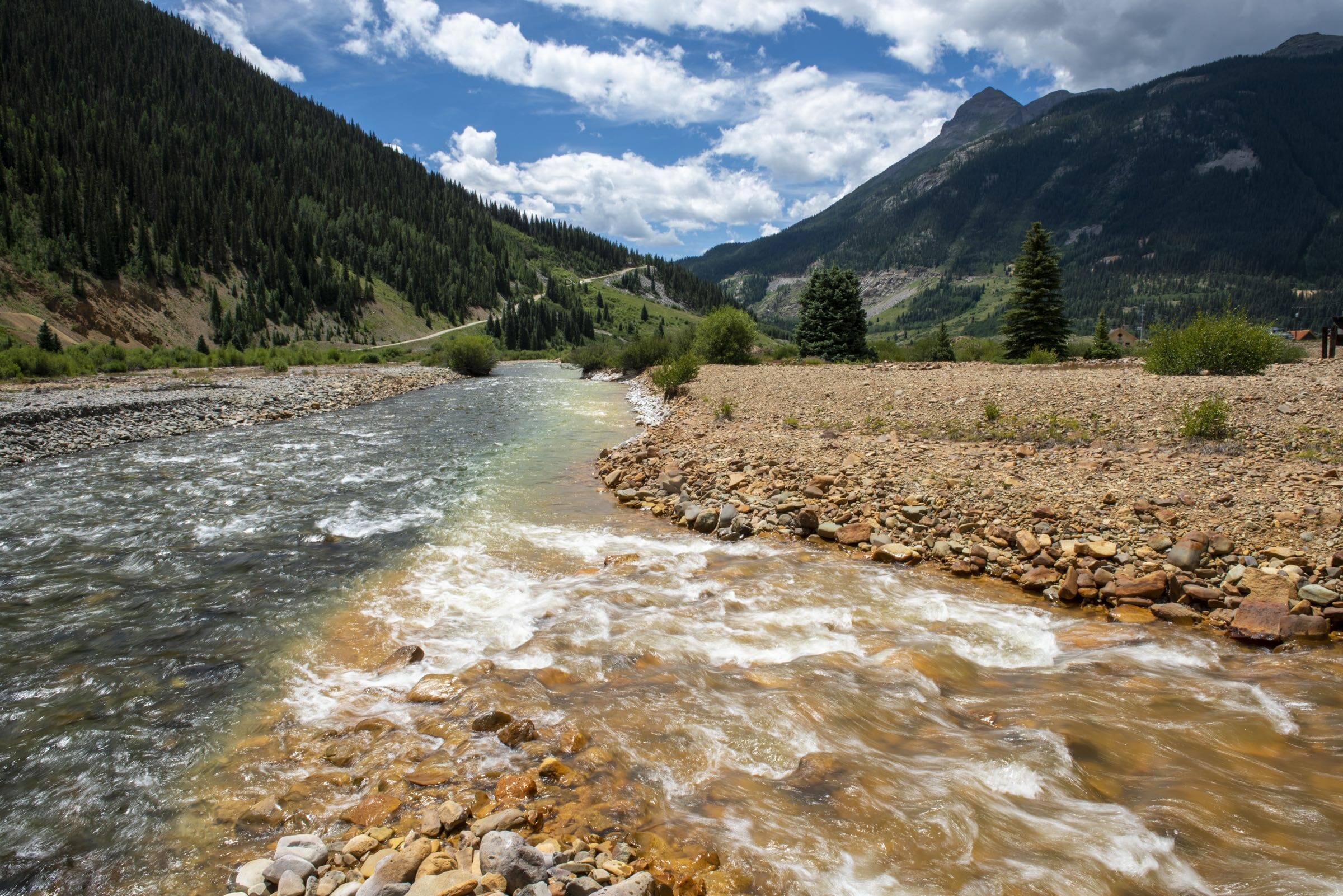
Heinrich and Grijalva legislation sets a course for balancing mineral production on public lands with conservation of rivers and lands
Contacts:
- Chris Wood, President and CEO, Trout Unlimited, cwood@tu.org
- Steve Moyer, Vice President of Government Affairs, Trout Unlimited, steve.moyer@tu.org
- Corey Fisher, Public Lands Policy Director, Trout Unlimited, corey.fisher@tu.org
ARLINGTON, Va.—Mining legislation introduced today by U.S. Sen. Martin Heinrich (D-N.M.) and U.S. Rep. Raul Grijalvia (D-Ariz.) would modernize the antiquated laws governing mining on federal lands, making much-needed reforms that would speed the cleanup of abandoned mines and protect and restore fish and wildlife habitat.
“We thank Senator Heinrich and Representative Grijalva for recognizing the urgent need to reform America’s outdated 150-year-old mining law as the country embarks on domestic critical minerals production,” said Chris Wood, president and CEO of Trout Unlimited. “It has long been clear: Land managers need to have the authority to say ‘no’ to a mine that is proposed in the wrong place, and we need funding to clean up abandoned mines polluting thousands of rivers and streams across the West.”
The 1872 Mining Law provides insufficient oversight for mineral extraction on our public lands. While the mining industry has made major improvements in its environmental approach, the U.S. Environmental Protection Agency estimates that 40 percent of Western headwater streams are polluted by abandoned mines. Today, America is on the cusp of a new mining boom, this time for critical minerals that will power the clean energy future. Congress must act to prepare for this rush.
“It has long been clear: Land managers need to have the authority to say “no” to mine that is proposed in the wrong place, and we need funding to clean up abandoned mines polluting thousands of rivers and streams across the West.”
Chris Wood
The legislation recognizes the need for responsible mining that avoids, minimizes, and mitigates the impacts of domestic mineral production on our lands and waters.
The bills would give public land managers the latitude to deny permits for mines that would have unacceptable impacts and would establish, for the first time ever, royalties on hardrock mining. The royalties would be directed to the abandoned hardrock mine reclamation fund created in last year’s infrastructure law. This funding would help to clean up an estimated 33,000 abandoned hardrock mines that are polluting lands and waters across the West.
“Mining law reform needs to be fair and meaningful. This legislation is an important step in balancing mineral production and the conservation of our waters, sensitive public lands, and fish and wildlife habitat,” Wood said. “Coupled with Good Samaritan legislation that would make it easier for third parties to clean up polluting abandoned hardrock mines, we will leave the next generation cleaner and healthier lands and waters.”
###
Trout Unlimited is the nation’s oldest and largest coldwater fisheries conservation organization dedicated to caring for and recovering America’s rivers and streams so our children can experience the joy of wild and native trout and salmon. Across the country, TU brings to bear local, regional and national grassroots organizing, durable partnerships, science-backed policy muscle, and legal firepower on behalf of trout and salmon fisheries, healthy waters and vibrant communities.

